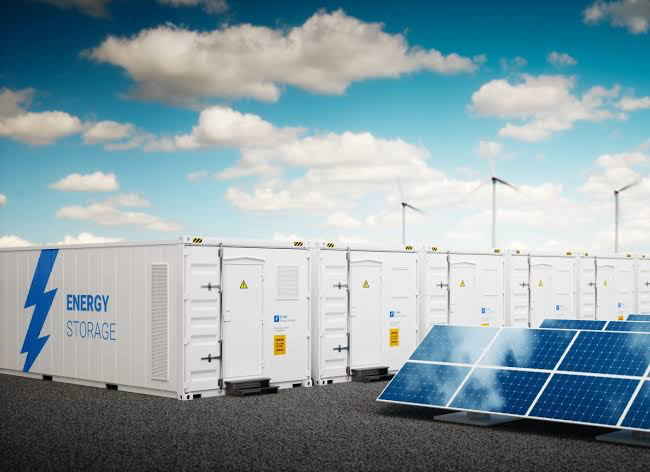In 2023, the power sector witnessed an unprecedented surge in the deployment of battery storage, doubling its growth rate from the previous year, as reported by the International Energy Agency (IEA) in its latest “Batteries and Secure Energy Transitions” report. This robust expansion is propelling battery storage to become the fastest-growing energy technology globally, underscoring its pivotal role in shaping the future of energy systems.
Across the globe, a total of 42GW of battery storage capacity was added in various applications including utility-scale projects, behind-the-meter batteries, mini-grids, and solar home systems. This expansion is critical for improving electricity access and enhancing the stability of power networks. Additionally, the deployment of electric vehicle (EV) batteries increased by 40% in 2023, further emphasizing the dominant role of batteries in the energy sector.
China remains the largest market for batteries, accounting for over half of the global usage in the energy sector. Following China are the European Union and the United States, with other significant markets in the UK, Korea, and Japan. The rising trend of battery usage is also notable in emerging markets and developing economies, particularly in Africa, where nearly 400 million people access electricity through decentralized systems equipped with batteries.
The continuous improvement and cost reduction of lithium-ion batteries have established them as the backbone of modern economies. They support not only the proliferation of personal electronic devices like smartphones but also the burgeoning growth in the energy sector. By the end of 2023, approximately 45 million EVs were on the roads, and more than 85GW of battery storage was being utilized in the power sector worldwide.
The report highlights the significant role of strong government support and incentives for the expansion of EVs and battery storage. Such initiatives are crucial for opening up new markets for batteries. However, the global battery supply chain presents complexities, notably the high geographic concentration of raw material processing and manufacturing. China, for instance, handles over half of the global processing for critical minerals like lithium and cobalt and boasts almost 85% of the global battery cell production capacity.
Batteries are integral to the shift away from fossil fuels, promoting energy efficiency through electrification and increased use of renewables in power systems. By 2030, a growing fleet of EVs is expected to displace the need for eight million barrels of oil per day, more than the current total oil consumption for road transport in Europe. Additionally, battery storage facilitates transitions from unabated coal and natural gas, enhancing power system efficiency by reducing losses and alleviating grid congestion.
While the potential for battery storage is vast, significant challenges remain, particularly in scaling up the supply of critical minerals to meet the surging demand. Without adequate scaling, the pace of clean energy transitions in the power sector could stall. Policymakers and regulators are thus called upon to minimize barriers and ensure that battery storage systems can actively participate in power markets and receive appropriate remuneration for their services.
The IEA report underscores the necessity of policy and regulatory frameworks that support the deployment of battery storage and facilitate the clean energy transition. As the nature of electricity demand and supply evolves, battery storage stands as a crucial technology for providing short-term flexibility and ensuring reliability in power systems.
As battery storage technologies continue to scale and evolve, their integration into global energy systems will play a pivotal role in shaping sustainable, efficient, and resilient power infrastructures. The ongoing support from governments and advancements in technology will be key to overcoming the current challenges and realizing the full potential of battery storage in the energy transition journey.
Source: ESI Africa



